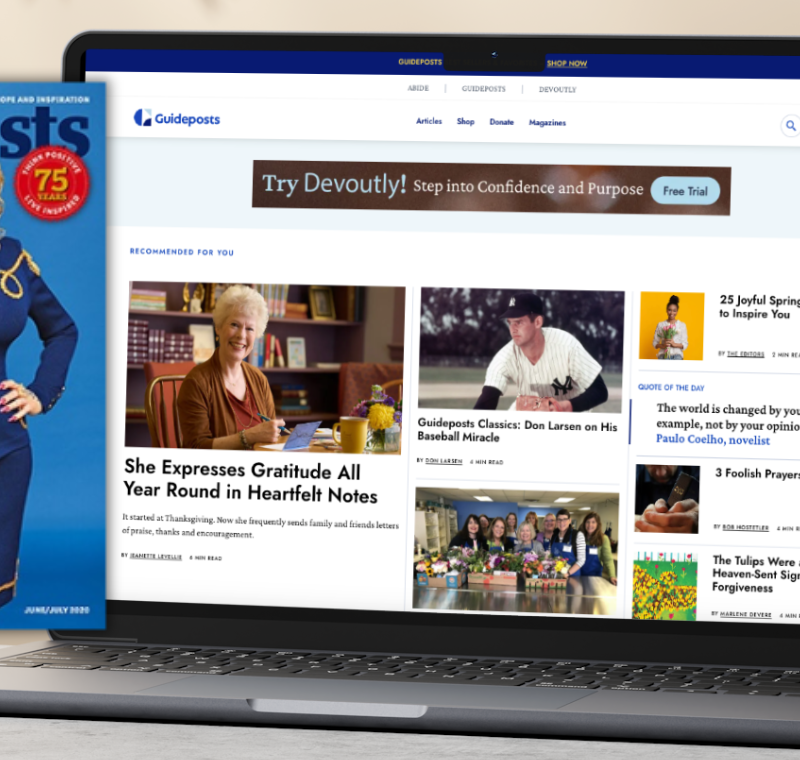Ad block innovation – now it is baked into a browser and targets native advertising too
Anyone who downloads the browsers now will find an ad blocker already built in. The move makes Opera the first of the big five browser companies to offer this as a feature.

The company claims that by integrating the ad blocker technology directly into the browser code, it is as much as 89 per cent faster compared to browsing without ad blocking. It is also apparently 45 per cent faster compared to Google Chrome with third-party ad-blocking extensions installed.
Interestingly though the ad blocking software isn’t automatically activated, but has to be switched on by the users, though this is a fairly simple process.
The company has been integrating ad blocking software into its browsers for while now, and beta versions have been available to companies and individuals to test.
The twist with this launch is that the ad blocker doesn’t only knock out display ads, it also targets native advertising. It will essentially strip out ads created by content recommendation engines like Outbrain and Taboola. Native advertising that is hard wired into the editorial pages of the web page will of course still be seen.
The company cites speed as the key reason for adding native ad blocking to its options.
“Opera is the first browser company to offer an native ad blocker across devices. We do this because we want to provide people with the fastest browsers in the market. Our speed test shows that online ads slow down the browsing experience. Now, with Opera, you can browse a lot faster than, for example, in Chrome,” says Lars Boilesen, CEO, Opera.
The company also believes it is helping web users take a stand against poor quality ads
Krystian Kolondra, who leads Opera’s engineering, said last month. “The [ad] industry should be making sure that ads are not ruining the user experience. Where are those better ads? If we could accelerate this change, there wouldn’t be a need for ad blocking.”
There are some fairly obvious business reasons for the addition of the software. Opera is a relative minnow in the browser world with only two per cent market share. The ad blocking innovation will certainly increase its profile at a time when the business is reported to be up for sale. The revamped browser has already received positive reviews in online technology publications.
Will other browser manufacturers follow Opera’s lead? Apple has already enabled ad blocker integration in its most recent version of its Safari browser, while there are rumours that even Google might consider an ad blocking solution for its Chrome browser as a way of speeding up the web and promoting its AMP pages.
The first ad blocking system for the Microsoft Edge browser created by CatBlock, has just been released as an alpha version.
Adblock Plus to reach out to publishers?
One of the most intriguing ad blocking related stories this week concerns Adblock Plus which is apparently considering integrating micropayment systems for publishers as part of its offering.
The Wall Street Journal reports that Adblock Plus’s parent company Eyeo has teamed up with a company called Flattr to offer a micro-donation platform. Users have to download the Flattr Plus browser extension, and then they can choose to give money on a regular basis to their favorite sites. Eyeo apparently keeps 10 per cent of the income.
In the meantime publishers are continuing to tackle ad blocking issues head on with a range of solutions, and its appears that some are proving to be every effective.
Digiday reported that Condé Nast-owned tech site Ars Technica has reduced the percentage of people ad blocking its site from 40% down to around 20-25 per cent. It has achieved this through a variety of tactics including cutting out intrusive ads, asking people with ad blockers to whitelist the site, and prioritising page-load speed.
“It won’t get any lower than 20-25 percent for us, because we have a lot of CTOs, CIOs of companies that install business script blockers, so there’s corporate-level ad blocking. It doesn’t really worry us at all,” Ars Technica founder and editor-in-chief Ken Fisher told the site.
Meanwhile The Wall Street Journal has become the latest high profile website to tackle ad blocking. Readers who visit the site with an ad blocker engaged are now asked to turn the system off and subscribe to the publication. The WSJ follows The New York Times embarked on a similar strategy in March.
More like this
Strategies to combat ad blocking and increase ad effectiveness
How G+J combats ad blocking and improves user satisfaction
Ad blocking: The time has come for print wisdom to save digital








